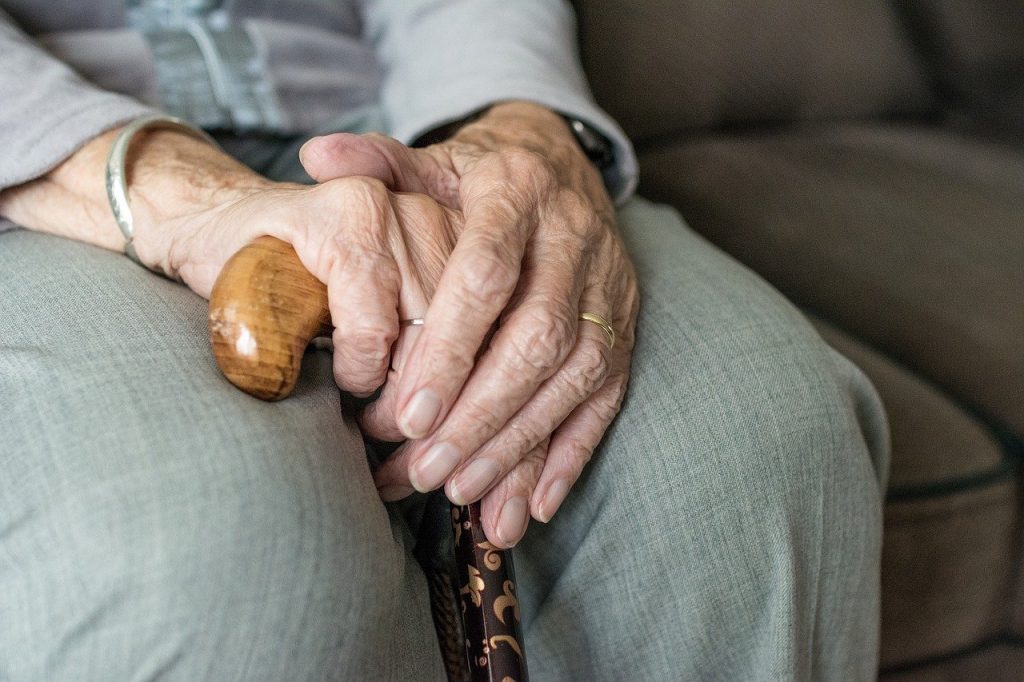Dementia is a very insidious disease that occurs in the autumn of life. How can you secure a home for a person with dementia? What is the 4xP principle?
When customizing a home for a person with dementia, the 4xP principle should be applied. The environment of the person with dementia needs to be friendly, reminiscent, prepared for difficult situations, and accommodating. It is very important to implement the 4xP principle very quickly because dementia progresses differently in each person.
It is important that the person with the disease feels comfortable in her own home. They should feel wanted and loved.
Feeling safe and at home is very important in the course of dementia. It is a good idea for the patient to be surrounded by things he knows and likes. This will help him feel more secure in his own home.
The home should be designed to cope with the various situations that may arise as the disease progresses. The patient’s functioning may deteriorate during the course of the illness. Therefore, it is important to prepare for difficult situations and eliminate potential risks. This can be done by:

An elderly person’s apartment should be customized, comfortable, and functional. In adapting the apartment to the needs, the most important is:
The room of the person with dementia should not be cluttered. The elderly person should be able to move around it freely. The room should also contain mementos. The most important element in such a room is the bed, around which there should be enough space to move freely. It is worth choosing a bed with adjustable height and adjustable rails. The rest of the furniture should be tailored to the individual needs of the patient. There should be a cabinet by the bed where the most necessary items will be stored.
The kitchen is the most sensitive place in the whole house, as the patient can be independent in this room and at the same time is the most vulnerable to accidents in it. When the patient is able to prepare a meal for themselves, it is a good idea to protect the cooktop to avoid a fire. To boil water, use a cordless kettle that automatically shuts off. Turn off the main gas valve at night.
Secure your kitchen cabinets with special locks. Keep sharp cooking utensils in secured cabinets. The dining table should be square or rectangular. This will give the person with dementia a sense of security as each person at the table will have their own space.
>> Read also: How to adapt a hotel bathroom for the disabled?
Creating a safe bathroom is often very problematic because most of the time the rooms are cramped and uncluttered. In a bathroom used by a person with dementia, dark colors and shiny surfaces should be avoided. It is a good idea to replace the bathtub with a shower with a linear drain. If possible, a washing machine and things made of glass should be removed from the bathroom. All chemical and cosmetic products should be secured in a locked cabinet. In the bathroom of an ill person it is worth resigning from a mirror, because with the progress of the disease, an elderly person may be afraid of their own reflection.